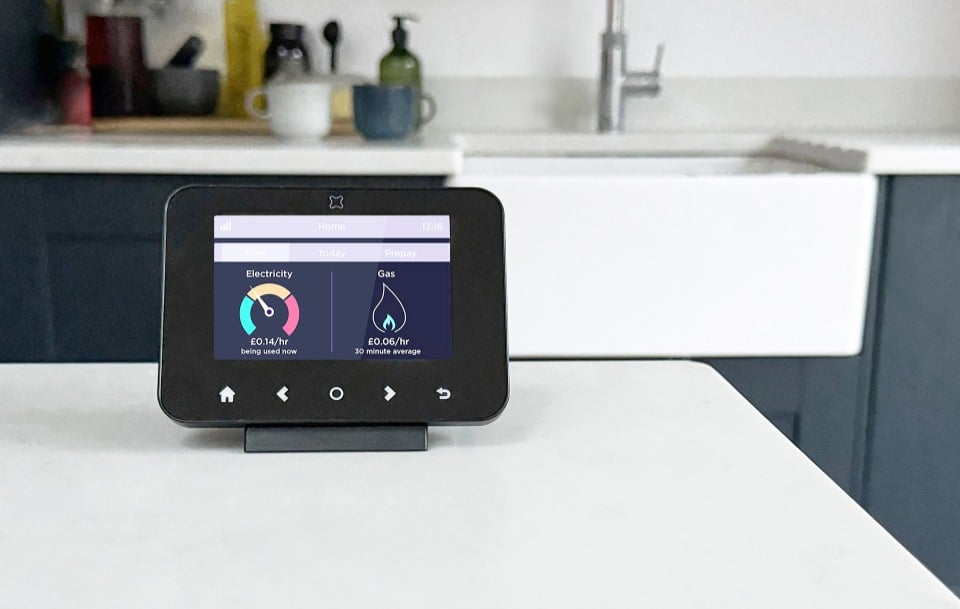The UK government is bringing in new rules for smart appliances to help energy consumers save money.
The new legislation, which is being brought in as part of the government’s Plan For Change, will require new heat pumps and other electric heating appliances to be sold with smart functionality to respond to price signals and use electricity when it is cheapest, such as overnight. These rules will apply to hydronic heat pumps, storage heaters, heat batteries, standalone direct electric hot water cylinders, hot water heat pumps and hybrid heat pumps, all up to a thermal capacity of 45kW.
Additionally, the rules will require that EV smart charge points, heat pumps and home battery energy storage systems must be able to work across different tariffs, ensuring that devices are not locked to one supplier and thus consumers are not locked into one plan. The government says that this will deliver savings by encouraging competition among suppliers and ensuring that customers can shop around for the best deal.
Furthermore, the government is bringing in new cybersecurity standards for smart appliances to protect consumers and their data from cybercriminals, which have previously threatened smart energy infrastructure in a number of nations.
Subject to parliamentary approval, this legislation will be brought forward next year. Following this, manufacturers will be subject to a 20-month grace period to allow them to update production in line with the new standards before the rules are enforced.
Statistics from the Department for Energy Security and Net Zero (DESNZ) have suggested that measures like these, which would cut energy demand at peak times, could help lower the amount of new electricity infrastructure that needs to be built. DESNZ has suggested that this could save the government between £40-50 billion between now and 2050, savings that could be passed onto billpayers.
Commenting on the new proposed legislation, energy minister Michael Shanks said the government wants to make it easier for consumers to access smart off-peak tariffs. He added that the new legislation brings: “a common-sense approach to smart appliances by ensuring different brands and models can operate across different energy suppliers, allowing consumers to shop around for the best deals.”
One part of a much larger Plan for Change
This new legislation forms part of the UK government’s Plan For Change, a multi-pronged policy designed to decarbonise the UK and stimulate the economy.
Earlier this month, the Department for Transport invested nearly £38 million to bring 319 electric buses to England’s roads by spring 2027. Funding has been allocated to 12 local authorities across the country, with the government adding that every pound of government funding will be matched by at least £3 of private investment.
Meanwhile, another part of the Plan for Change involves tackling the UK’s growing green skills gap. Just weeks ago, energy secretary Ed Miliband told a forum of industry leaders, unions and trade bodies that the government will work with them to build a “clean power army” to enable targets for clean power by 2030 to be hit. This involves creating jobs in a number of key areas as well as pushing forward with the government’s Regional Skills Pilot.






